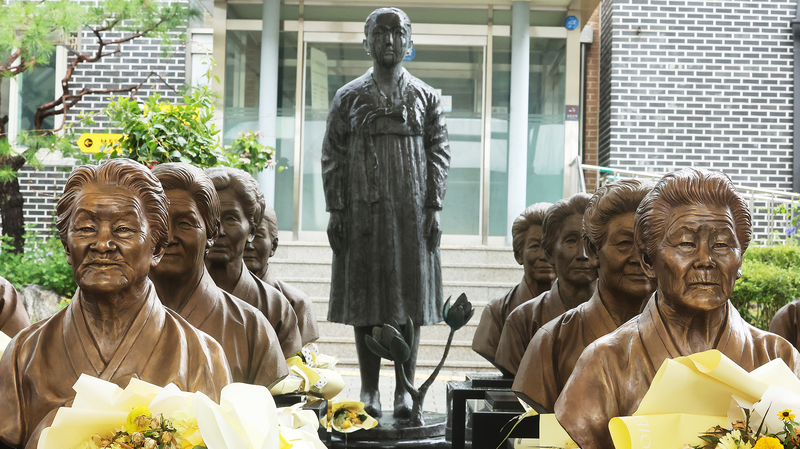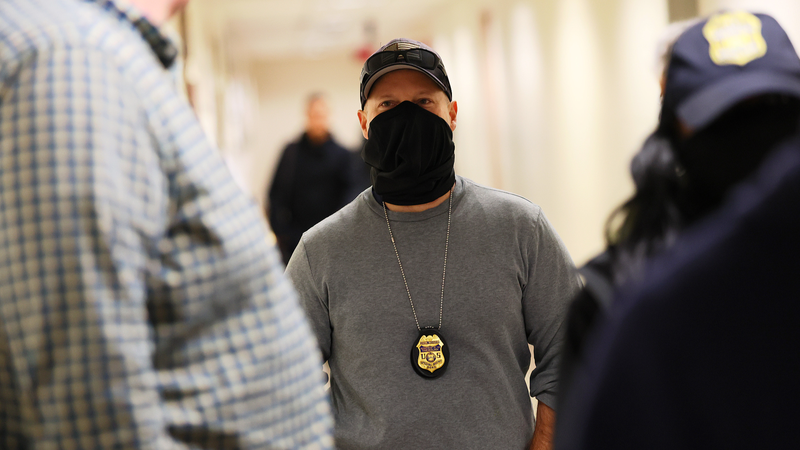On August 14 each year, communities across South Korea, the Chinese mainland, Japan and other countries and regions come together to honor survivors known as comfort women—girls and women forced into sexual slavery by the Imperial Japanese Army during World War II. This August marks the 13th International Comfort Women Memorial Day, and alarms are sounding as the number of survivors dwindles.
This year also marks the 80th anniversary of the victory in the Chinese People's War of Resistance Against Japanese Aggression and the World Anti-Fascist War, adding another layer of remembrance to the day. In February, the death of Gil Won-ok brought the number of survivors in South Korea down to seven. In May, another survivor died on the Chinese mainland at age 96, also leaving just seven registered survivors there.
On August 13, despite pouring rain, dozens of supporters gathered outside the Japanese embassy in Seoul to demand a formal apology and proper compensation. Among them was 97-year-old Lee Yong-soo, who said, "Even with the rain coming down, seeing all of you here brings me to tears. Thank you, thank you, thank you."
Activists warn that the fight for justice can’t wait. Choi Ye-ji, a protester in Seoul, said, "If we don’t speak out and make ourselves heard, people won’t listen—they hardly do even now. Instead of letting this be forgotten, we keep taking action. When we do, people gather in great numbers."
Shin Hei-soo, chair of the Board of Directors at the Korea Center for United Nations Human Rights Policy, stressed that preserving this history depends on education and collective will. He said, "If we have the will to preserve and teach the next generation, it will survive." Civic groups plan to continue sharing testimonies, hosting demonstrations and keeping archives alive in museums and schools.
Experts estimate that around 400,000 women from more than a dozen Asian countries were forced into sexual slavery, with about half coming from the Chinese mainland, according to the Research Center for Comfort Women at Shanghai Normal University. Since the first public testimony in 1991, the message remains clear: the past may be fading, but the fight for justice is far from over. 🌸
Reference(s):
Protest, fewer survivors mark 13th Intl Comfort Women Memorial Day
cgtn.com




